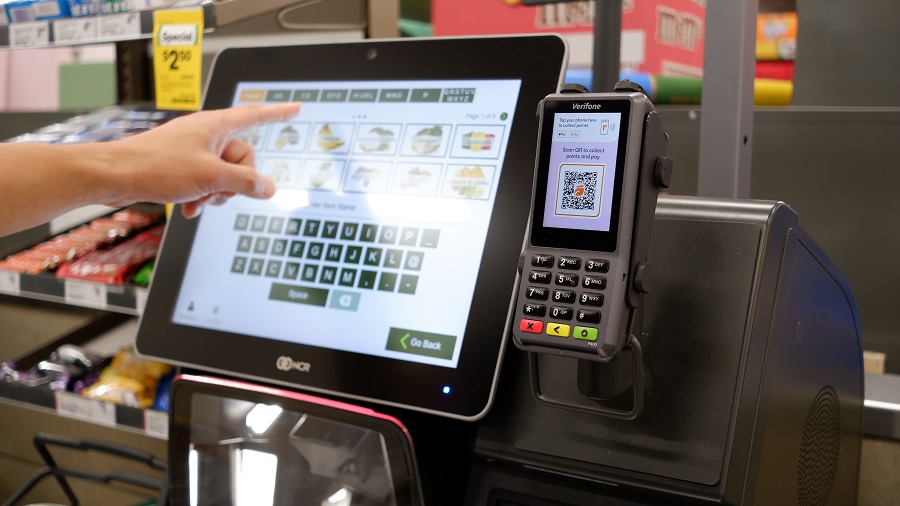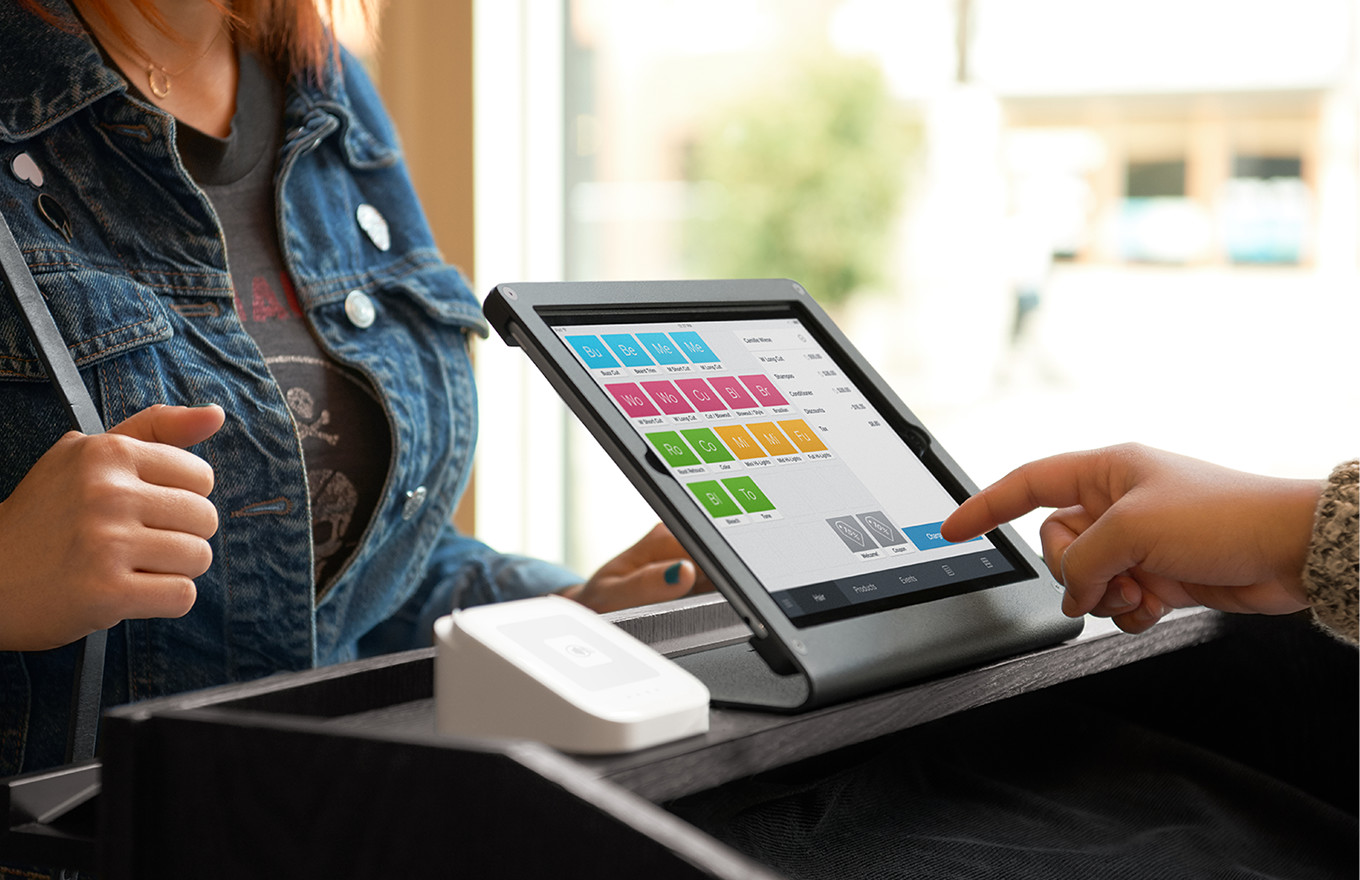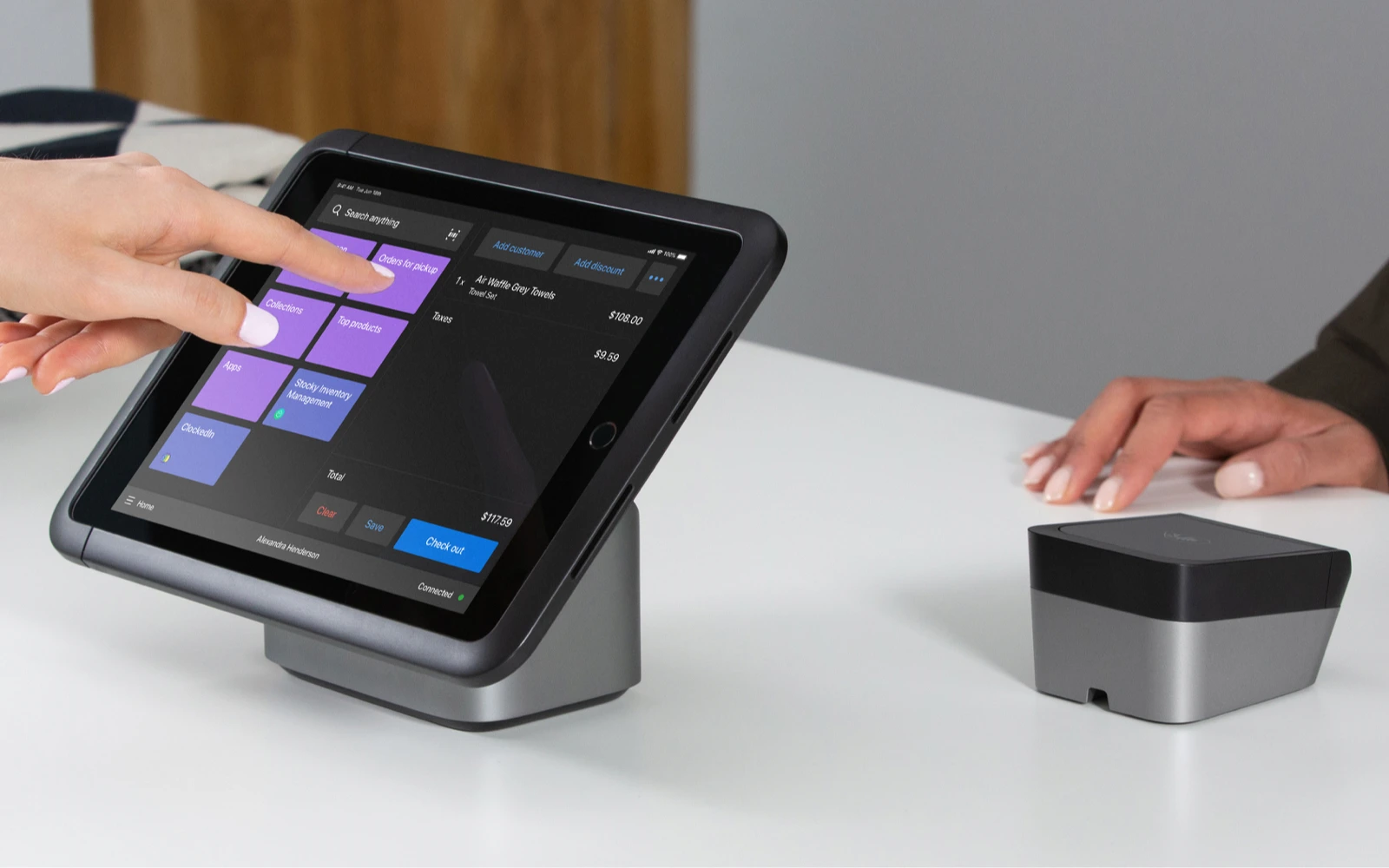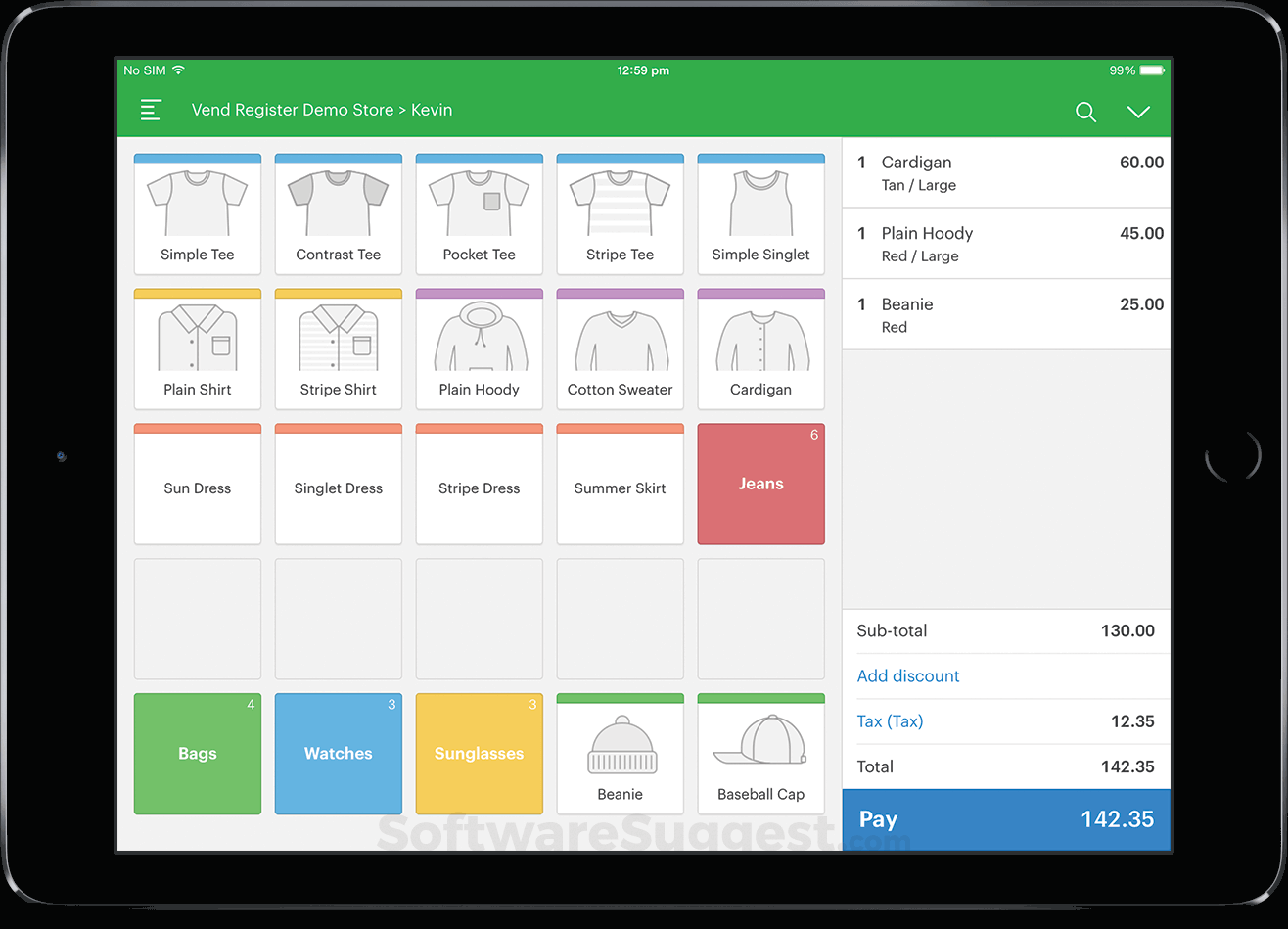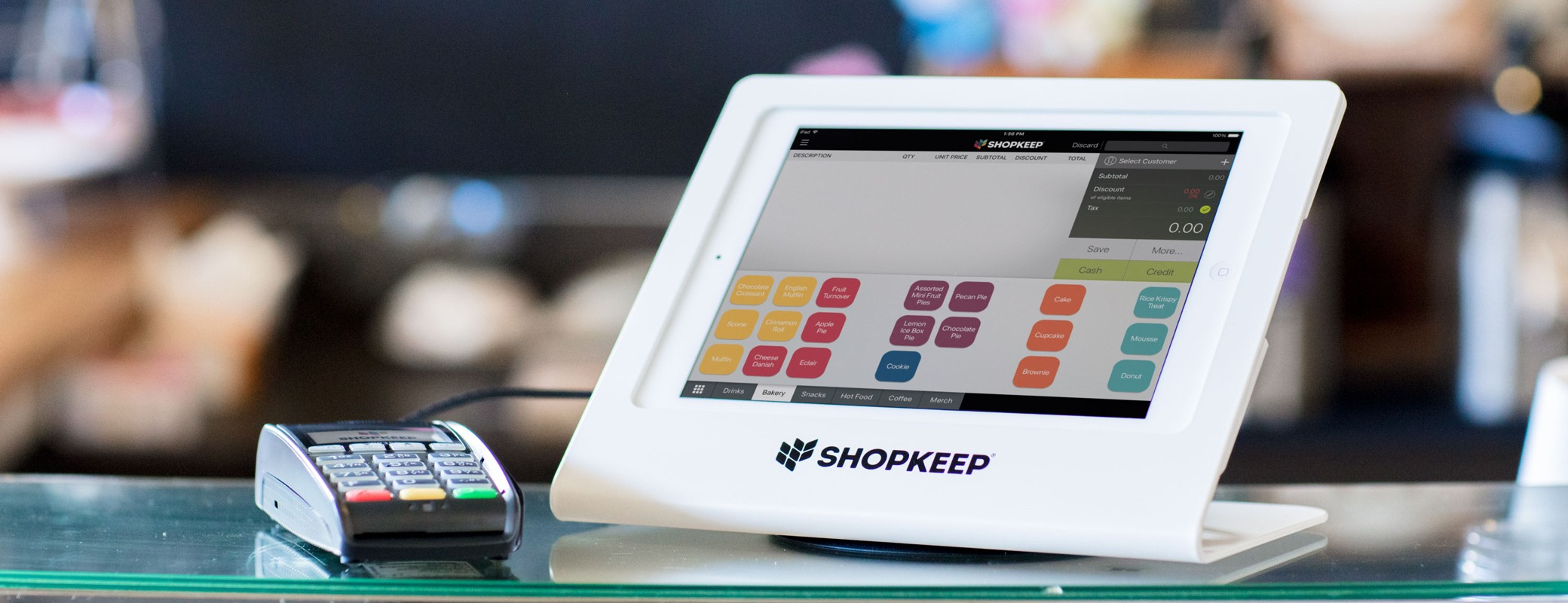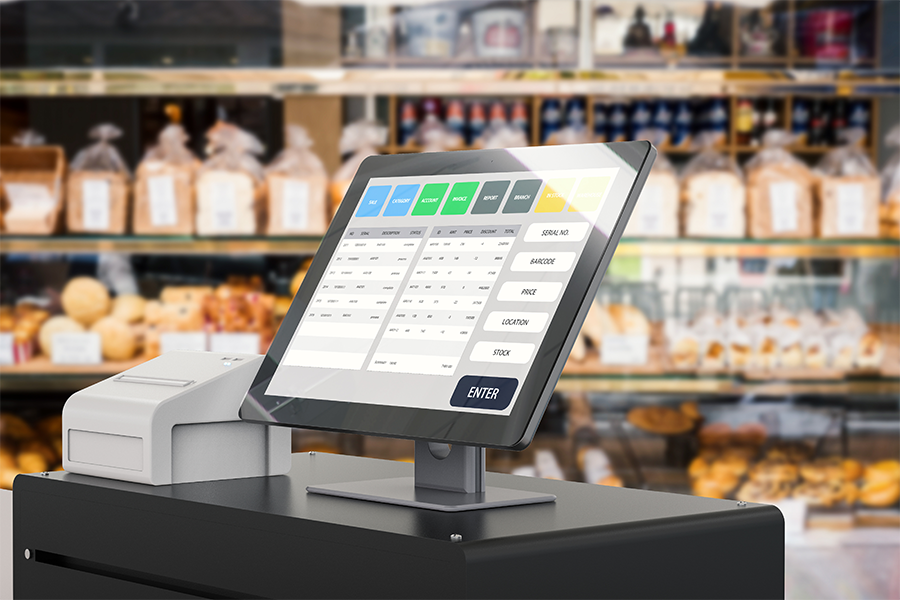Retail Pos System For Small Business
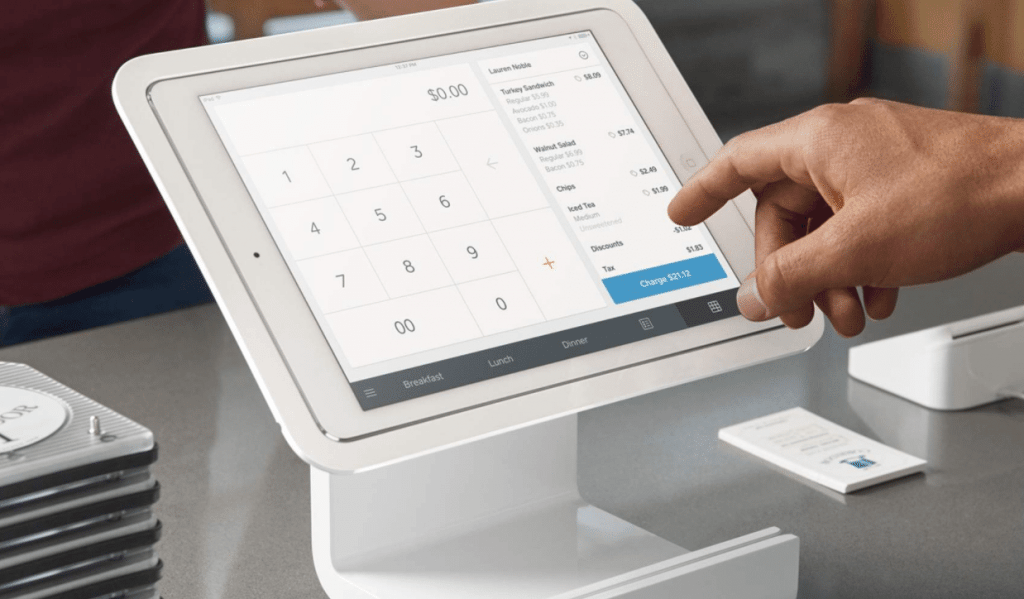
Small businesses are facing unprecedented challenges, but a lifeline has emerged: affordable and efficient retail POS systems. These systems are no longer a luxury, but a necessity for survival and growth.
This article breaks down the key benefits, features, and providers of POS systems tailored for small businesses, helping them navigate this crucial investment and stay competitive.
The POS Revolution: Leveling the Playing Field
What used to be exclusive to large corporations is now within reach. Point of Sale (POS) systems are transforming how small businesses manage sales, inventory, and customer relationships.
These systems offer a streamlined alternative to manual processes. This boosts efficiency and reduces errors.
Core Benefits: Beyond Just Transactions
The primary benefit is streamlined transactions. POS systems speed up checkout, reducing wait times and improving customer satisfaction.
Inventory management is another critical advantage. Real-time tracking minimizes stockouts and overstocking, preventing lost sales and wasted resources. According to a 2023 study by Retail Systems Research (RSR), businesses using POS systems experience a 15% reduction in inventory costs.
Data analysis and reporting provides insights into sales trends. This helps in making informed decisions about product offerings and marketing strategies.
Key Features to Consider
Ease of use is paramount. A complex system can hinder rather than help. Opt for intuitive interfaces and readily available training.
Mobile POS (mPOS) functionality is increasingly important. This allows sales to happen anywhere, from pop-up shops to trade shows. Look for systems compatible with smartphones and tablets.
Integration with other tools such as accounting software (e.g., QuickBooks) and e-commerce platforms is crucial. This ensures data consistency and avoids manual data entry.
Top POS Providers for Small Businesses
Square remains a popular choice for its simplicity and affordability. Their basic plan is free, with transaction fees applied.
Shopify POS is ideal for businesses with an existing Shopify online store. It seamlessly integrates online and offline sales channels.
Lightspeed offers industry-specific solutions for retail, restaurants, and e-commerce. It provides more advanced features for growing businesses.
The Cost Factor: Investing in the Future
POS system costs vary depending on features and scale. Expect to pay anywhere from $0 to $100+ per month for software. Hardware costs can range from a few hundred to several thousand dollars.
Consider the long-term return on investment (ROI). Reduced labor costs, improved inventory management, and increased sales can quickly offset the initial investment.
Security Imperative: Protecting Customer Data
Data security is non-negotiable. Ensure the POS system is PCI compliant and uses encryption to protect sensitive customer information.
Regular software updates are essential for patching security vulnerabilities. Choose a provider with a strong track record of security updates.
Next Steps: Taking Control of Your Retail Future
Research and compare different POS systems. Take advantage of free trials and demos to find the best fit for your business needs.
Implement the system thoroughly. Train your staff and ensure proper integration with existing tools.
The adoption of a retail POS system represents a critical step towards enhanced efficiency, improved customer experience, and ultimately, increased profitability for small businesses facing an increasingly competitive landscape. The time to act is now.
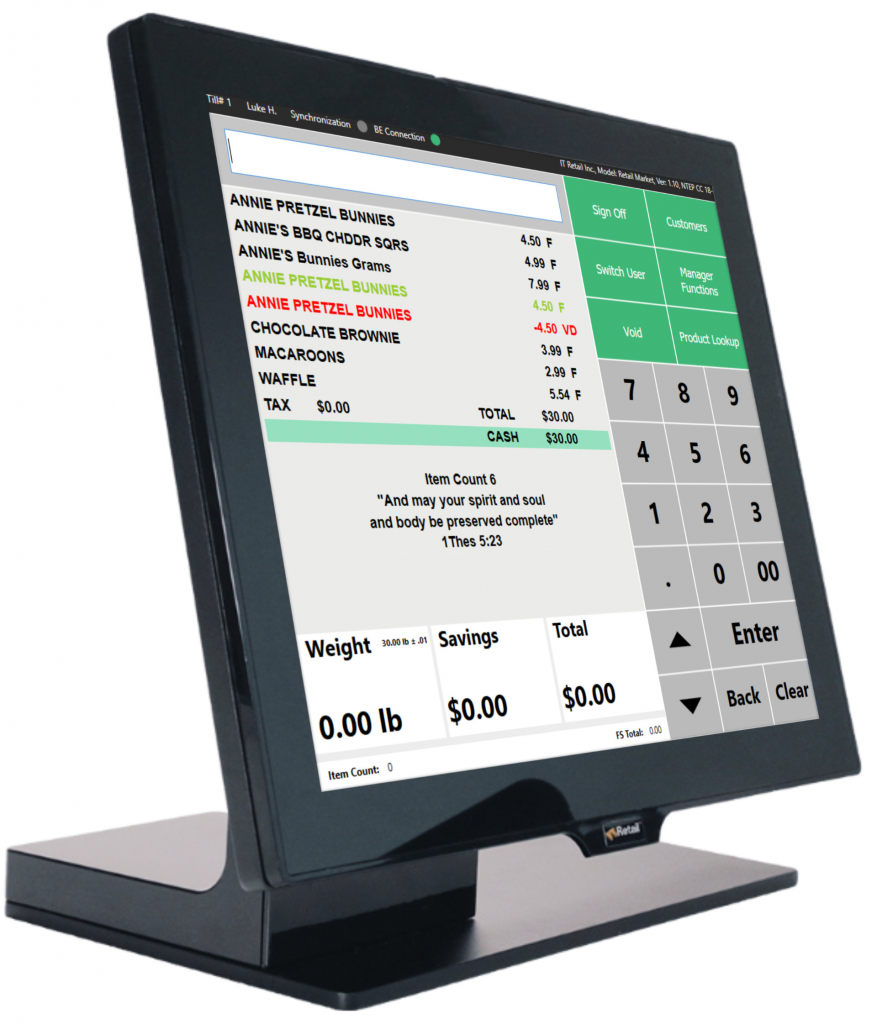
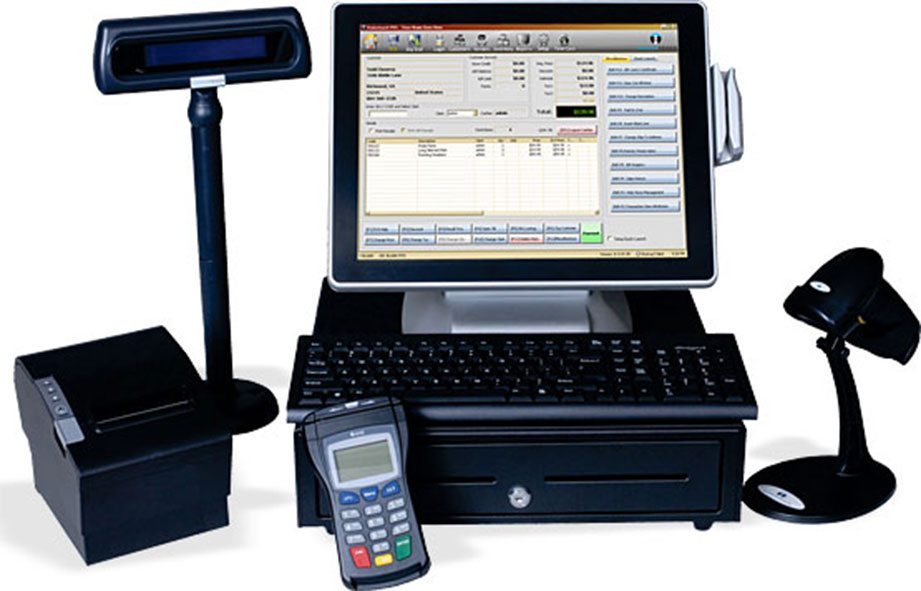
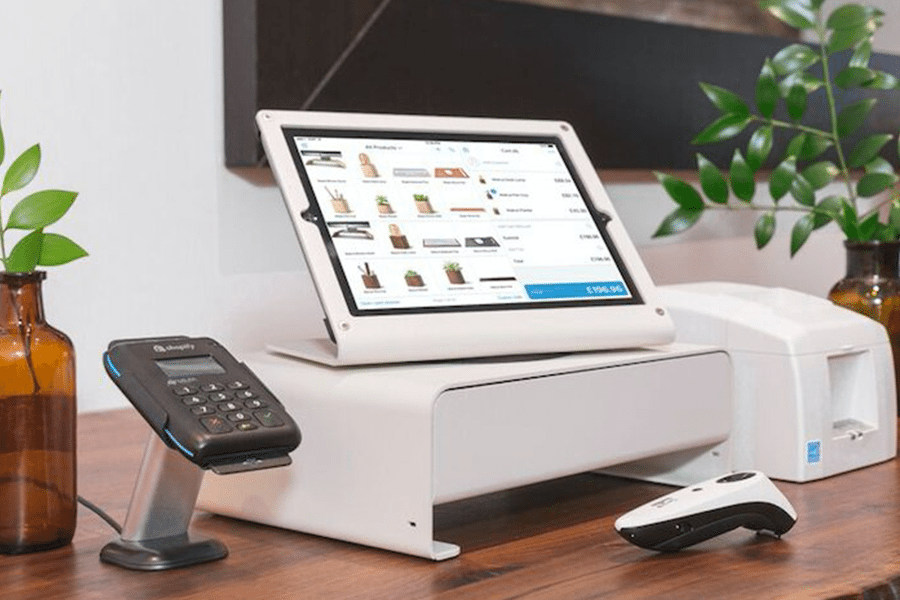
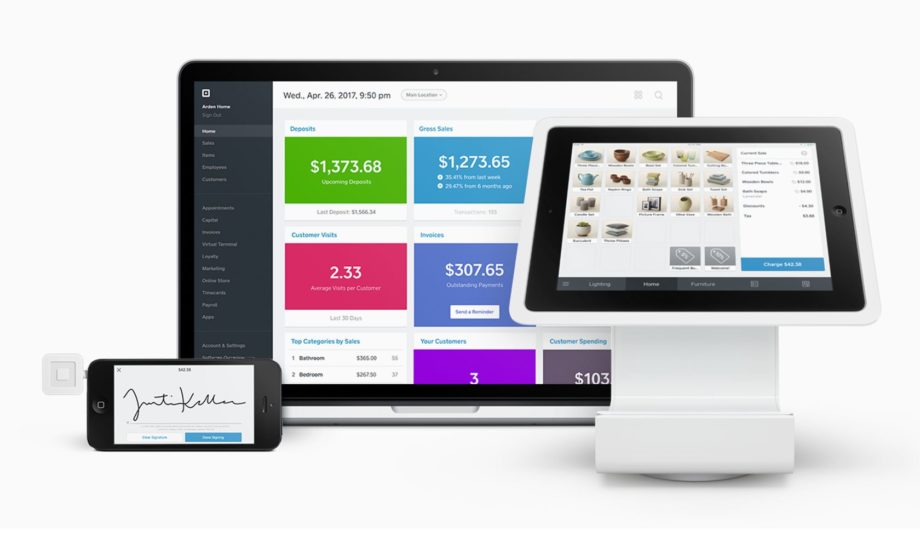


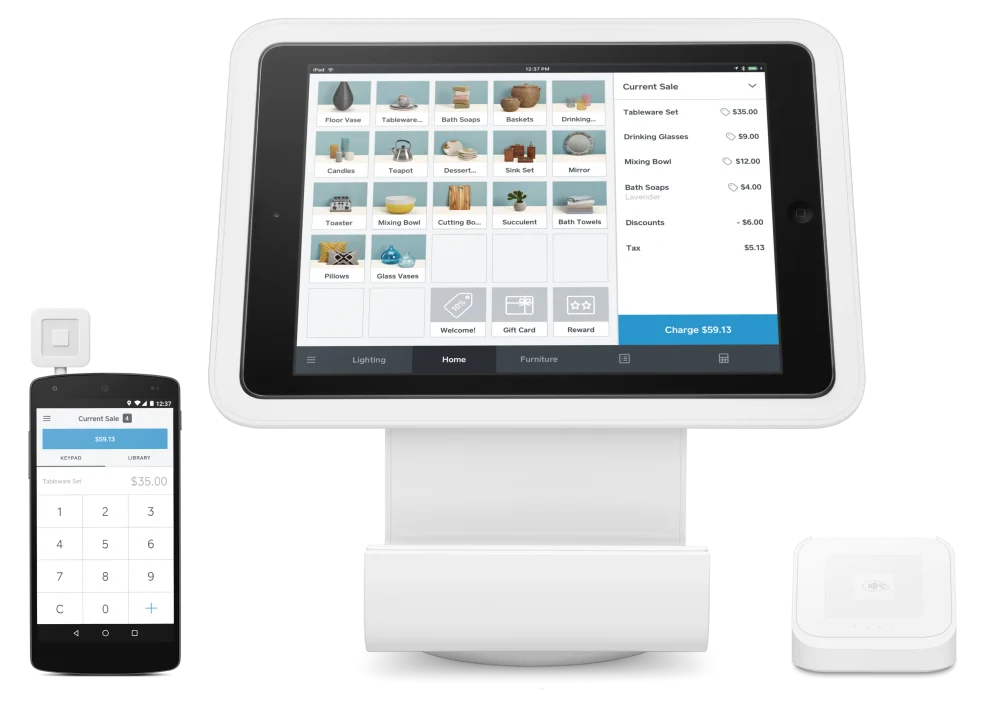

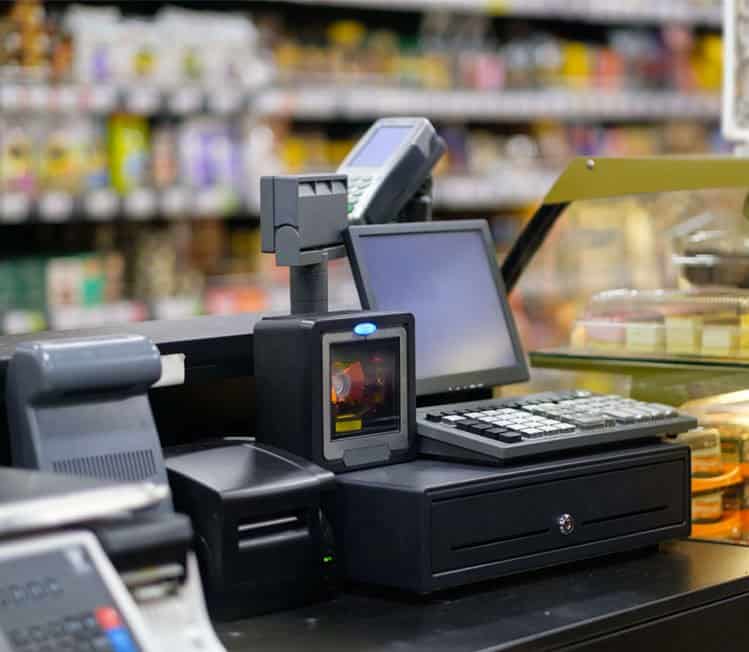
![Retail Pos System For Small Business 25 Best POS Systems for Small Business - [2021 Reviews & Ratings]](https://posquote.com/wp-content/uploads/2019/12/pos-system.jpg)
